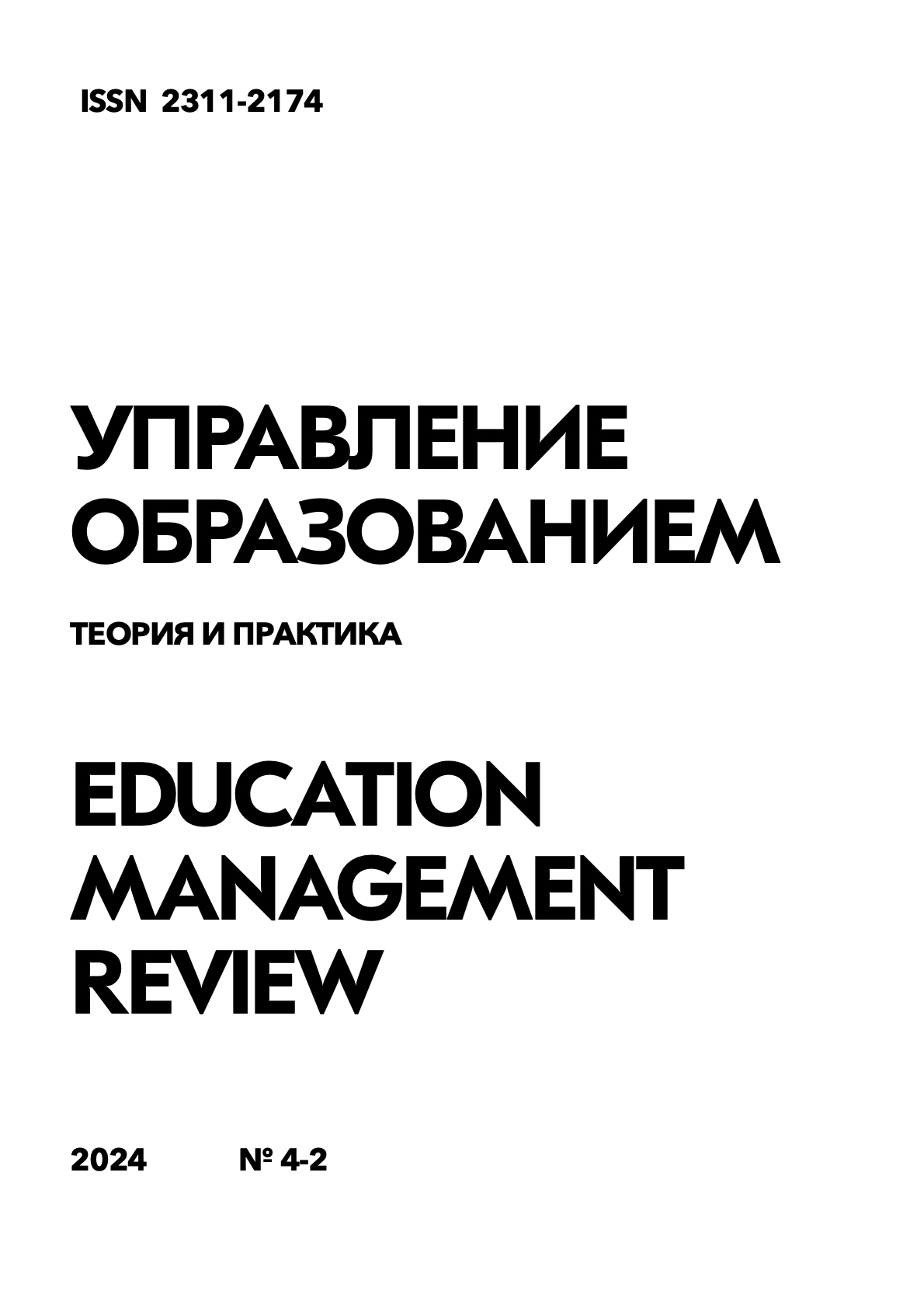The development of critical thinking among medical students through the use of the case method in teaching
Keywords:
critical thinking, case method, medical education, clinical thinking, decision making.Abstract
The article examines the problems of developing critical thinking among students of medical universities through the use of the case method in the educational process. The relevance of this topic is due to the increasing need for future doctors to develop clinical thinking skills and the ability to make informed decisions in difficult professional situations. The purpose of the study is to analyze the effectiveness of using the case method as a tool for developing critical thinking among students of medical specialties. The study analyzed the results of the implementation of the case method in the educational process on the basis of three medical universities in Russia (n=450). The methods of questioning, testing, expert evaluation, as well as statistical data processing using the SPSS 23.0 software were used. The cases were developed based on real clinical situations and included a description of the problem, additional materials (results of analyses, instrumental studies, etc.) and questions for discussion. The analysis of the obtained data showed that the use of the case method contributes to a statistically significant increase in the level of critical thinking among students of medical universities. Thus, in the experimental group (n=225), the average score on the Watson-Glazer critical thinking test increased from 52.4±3.7 to 64.8±4.2 (p<0.01), while in the control group (n=225) the increase was only 3.1±2.6 points (p>0.05). In addition, a qualitative analysis of the results of solving the cases demonstrated an improvement in the skills of information analysis, hypotheses, argumentation and decision-making among the students of the experimental group. The results obtained indicate the high effectiveness of the case method as a tool for developing critical thinking in future doctors.
References
Baeten M., Dochy F., Struyven K., Parmentier E., Vanderbruggen A. Student-centred learning environments: An investigation into student teachers' instructional preferences and approaches to learning // Learning environments research. 2016. Vol. 19. № 1. рр. 43-62.
Bi M., Zhao Z., Yang J., Wang Y. Comparison of case-based learning and traditional method in teaching postgraduate students of medical oncology // Medical teacher. 2019. Vol. 41. № 10. зз. 1124-1128.
Datta R., Upadhyay K.K., Jaideep C.N. Simulation and its role in medical education // Medical Journal Armed Forces India. 2012. Vol. 68. № 2. рр. 167-172.
Dujari M.L., Shaik A.L., Kumar K.V., Sheela S.K. Case based learning (CBL): A better option to traditional teaching for undergraduate students in curriculum of pediatrics // International journal of contemporary pediatrics. – 2019. Vol. 6. № 5. pp. 1984-1988.
Guraya R.S., Guraya S.S., Habib F.A., AlQuiliti K.W., Khoshhal K.I. Effectiveness of case-based learning during small group sessions at a medical school in Saudi Arabia // Journal of Taibah University Medical Sciences. 2018. Vol. 13. № 6. рр. 541-546.
Herreid C.F. Case studies in science – a novel method of science education // Journal of college science teaching. 1994. Vol. 23. № 4. рр. 221-229.
Lin Y.M., Chou C.Y., Lin H.C., Chen C.H., Hsu C.M., Hung C.C. Evaluating the effectiveness of case-based learning on student learning outcomes in an undergraduate clinical laboratory science course // SAGE Open medicine. 2020. Vol. 8.
McLean S.F. Case-based learning and its application in medical and health-care fields: A review of worldwide literature // Journal of medical education and curricular development. 2016. Vol. 3. Р. 39.
Poulton T., Conradi E., Kavia S., Round J., Hilton S. The replacement of 'paper' cases by interactive online virtual patients in problem-based learning // Medical teacher. 2009. Vol. 31. № 8. pp. 752-758.
Setia S., Bobby Z., Ananthanarayanan P., Radhika M., Kavitha M., Prashanth T. Case based learning versus problem based learning: A direct comparison from first year medical students perspective // Medical education. 2011. Vol. 2. № 6.
Thistlethwaite J.E., Davies D., Ekeocha S., Kidd J.M., MacDougall C., Matthews P., Purkis J., Clay D. The effectiveness of case-based learning in health professional education. A BEME systematic review: BEME Guide No. 23 // Medical Teacher. 2012. Vol. 34. № 6. pp. e421-e444.
Tiruneh D.T., Verburgh A., Elen J. Effectiveness of critical thinking instruction in higher education: A systematic review of intervention studies // Higher education studies. 2014. Vol. 4. №1. pp. 1-17.
Watson G.B., Glaser E.M. Watson-Glaser Critical Thinking Appraisal Manual. NY: Psychological Corporation, 1980.67 p.
Yeo S., Chang B.H. Implementation of problem-based learning in medical education in Korea // Korean journal of medical education. 2017. Vol. 29. № 4. рр. 271-282.
Downloads
Published
How to Cite
Issue
Section
License

This work is licensed under a Creative Commons Attribution-NonCommercial-NoDerivatives 4.0 International License.




